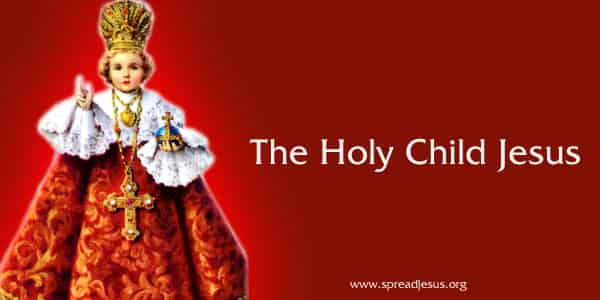Saint Bonaventure Catholic Saint
CATHOLIC SAINTS 28-12-2023, 19:39

Saint Bonaventure
Catholic Saint
st.Bonaventure-Cardinal-Bishop,
Minister General of the Friars Minor,
Doctor of the Church
Also known as: the Seraphic Doctor
Bonaventure is considered one of the great theologians of the Church along with his contemporary, St. Thomas Aquinas. He wrote extensively on theology and philosophy; some of his works are mystical in nature. Little is known about the early life of Bonaventure. He was born in 1217 in Bagnoregio near Viterbo, Italy to Giovanni Fidanza and Maria Ritella. It is not know why or when his given name of John was changed to Bonaventure. According to the saint himself, he was saved from death in childhood by the intervention of St. Francis of Assisi; Bonventure later became the official biographer of Francis. In 1217 he went to the University of Paris where he met Franciscans. In 1243 he joined the Order of the Friars Minor and studied under the Franciscan scholars Alexander of Hales and John of La Rochelle. From 1248 to 1256 he taught and lectured at the university, quitting under opposition from secular professors to the Dominican and Franciscan professors. Pope Alexander IV (r. 1254–61) restored the Mendicants, and in 1267 both Bonaventure and Thomas Aquinas received their doctorate degrees. Bonaventure was elected minister general of the Friars Minor in 1257 and became involved in internal disputes.
He visited much of the order and instituted reforms. In 1263, he assisted at the translation of the remains of SS. Clare and Anthony. His life of St. Francis was declared the official biography to the exclusion of all others. In 1264, he took over direction of the Poor Clares and founded the Society of the Gonfalone in honor of the Blessed Virgin Mary in Rome. In 1265, he declined a request from Pope Clement IV (r.1265–68) to become the archbishop of York. In 1266 Bonaventure generated much controversy when he convened a general chapter in Paris that decreed all accounts of Francis written prior to his should be destroyed. In 1269 he instituted the practice of mass being sung every Saturday throughout the order in honor of Mary. Bonaventure played a key role in the election of Clement’s successor in 1271, advising the cardinals to choose Theobald Visconti of Piacenza, who became Pope Gregory X (r. 1271–76). The pope named Bonaventure cardinal-bishop of Albano in 1273, much to the saint’s displeasure. The pope also instructed Bonaventure to prepare the questions for the Fourteenth Ecumenical Council opening in Lyons on May 7, 1274. During the discussions, the pope relied heavily upon the counsel of Bonaventure. While the council was in session, Bonaventure died suddenly on July 15, 1274. The cause is not known, but his secretary, Peregrinus of Bologna, attributed it to poison.
The saint was buried the next day in the church of the Friars Minor in Lyons. The pope, the king of Aragon, the cardinals and other members of the council attended the funeral. During his life, Bonaventure was known for his mystical experiences and miracles. His ecstasies no doubt provided inspiration for his more mystical writings. Once Thomas Aquinas visited him while he was at work on the life of Francis, and found him in ecstasy. Thomas left, saying, “Let us leave a saint to work for a saint.” His sanctity inspired Dante Alighieri to place him among the saints in his Paradisio. In 1434 his remains were moved to a new church in Lyons in honor of St. Francis. His head was found to be perfectly preserved, and his tongue as red as it had been in life. The people of Lyons then named him their patron. In 1562, his shrine was vandalized by the Huguenots, who burned the urn containing his body. The superior hid Bonaventure’s head and forfeited his life in the process.
During the French Revolution, the head disappeared and has never been found. Bonaventure left a legacy of important theological and philosophical works esteemed throughout the Middle Ages and still studied today. His greatest is Commentary on the Sentences, a sweeping treatment of the entire Scholastic theology, which is summarized in another of his works, Brevoliquium. Like Thomas Aquinas, he defended Aristotle, though he did not hesitate to criticize his shortcomings. His most exemplary mystical work is De Triplici Via, which explores perfection. In addition, he wrote numerous treatises and exegeses. Nearly 500 of his sermons have survived.
.jpg)
The Gospel According to Mark Chapter 6:1-56 Mark 6:1 He departed from there and came to his native place,...
Learn more.jpg)
The Gospel According to Matthew Chapter 24:1-51 Matthew 24:1 Jesus left the temple area and was going away,...
Learn more
The Book of Ecclesiastes Chapter-1 Ecclesiastes 1:1 The words of Ecclesiastes, the son of David, the king of...
Learn more


